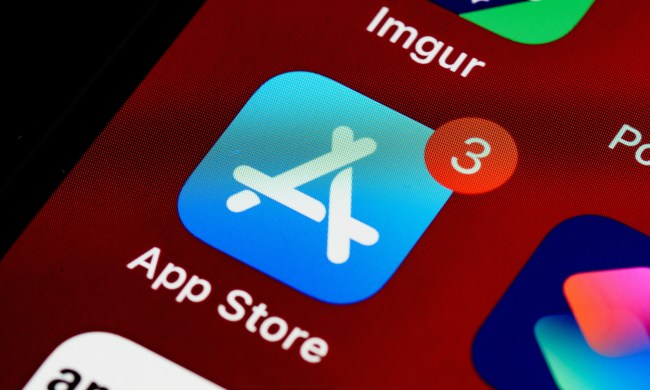
Actually, you don’t, but a bizarre bug in some Android users’ Gmail apps demanded that they give the application access to “Body Sensors” in order to send an email. And now, Gmail is issuing a fix for this, because it’s as creepy as it is weird.
According to reports, some Android owners found that after attempting to send a message via the Gmail app, they’d receive a notification that an error had occurred. “This app won’t work properly unless you allow Google Play services’ request to access the following: Body Sensors,” it read. Needless to say, this wasn’t something users were down with. Moreover, it’s been an ongoing issue since at least 2015, though a user more recently posted about the problem in the Gmail Help Forum last September.
So what was going on? First of all, Google Play Services is an Android app that is central to your device’s functionality, providing authentication and synchronized contacts (among other things) across a range of Google apps. It also helps with the speed of offline searches, and in providing more immersive maps, Mashable notes.
If you have a fitness app installed on your Android device, for example, Google Play Service needs the Body Sensors permission so it can provide information like the number of steps you’ve taken or your heart rate. Of course, Gmail obviously doesn’t need that information.
Fortunately, the company has finally issued a fix. “The permission request was the result of a bug in the Drive API within Google Play services, which has now been fixed,” a representative from Google said in an email on Monday. While you’re waiting on the fix to be fully rolled out, you can head over to your phone’s Settings, then go to Apps, and navigate over to Permissions, where you can turn permissions on and off for individual apps.


